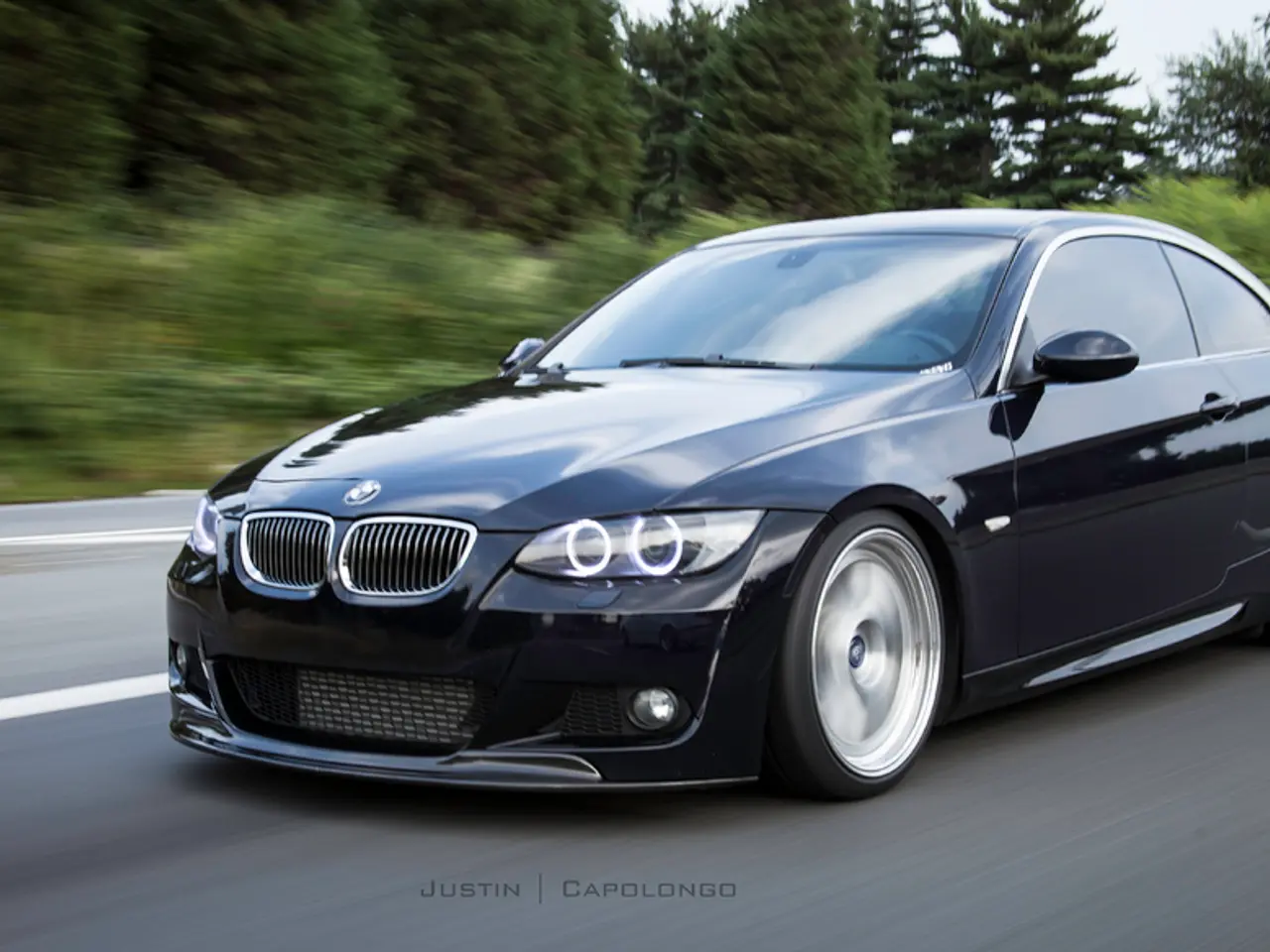In Germany, Opel surpasses Tesla, demonstrating superiority in the competitive automotive market.
Tesla's German Market Share Decline: Challenges Ahead for the Electric Vehicle Pioneer
Tesla, once a dominant force in the German electric vehicle (EV) market, is now facing a significant decline in market share. According to recent reports, the company's sales in Germany have plummeted, with a 57.8% drop in sales for the first seven months of 2025 compared to the same period in 2024.
The reasons for this decline are multifaceted. Rising competition from Chinese EV manufacturer BYD, which has seen a nearly fivefold increase in German sales, is one factor. BYD offers EVs with strong range and competitive prices starting around $20,000 USD, undercutting Tesla's offerings.
Tesla is also facing regulatory challenges, including delays in approval for its Full Self-Driving system in Europe. This has impacted consumer confidence and reduced demand. Furthermore, negative consumer sentiment linked to Elon Musk's controversial political views has contributed to the decline.
The intensifying competition and regulatory hurdles are not the only challenges Tesla is facing. Increased pressure from EU carbon regulations is pushing domestic manufacturers to accelerate their EV offerings. Brands like Volkswagen (VW), BMW, and Opel are tightening their positions in the market, benefiting from strong local brand loyalty and meeting stricter EU emissions standards.
Comparatively, Tesla has fallen to around 9th place in new registrations for the January-July 2025 period in Germany, and as low as 14th place for July alone. Volkswagen and BMW, on the other hand, have succeeded in maintaining or growing their EV market share. Opel, while not performing as well in electric vehicles as VW or BMW, remains more competitive than Tesla in Germany's traditional and EV markets, supported by its domestic presence.
Tesla's former bestseller, the Model Y, was the best-selling electric car in Germany in 2023 and 2024. However, the Model Y facelift has not brought about the desired turnaround. The transaction price for both Tesla models (Model 3 and Model Y) is significantly above the average price of around 35,600 euros. This, coupled with the availability of real entry-level models from competitors like VW, Renault, and Opel at lower prices, is further eroding Tesla's market share.
Ferdinand Dudenhöffer from CAR Bochum attributes Tesla's decline to an outdated model range and does not expect the company to bring any new models to the market in the next three to four years. He also does not expect Tesla to launch a favorable entry-level model by the end of the year.
In summary, Tesla’s German market share decline contrasts with the growth of domestic manufacturers like VW and BMW, as well as emerging global competitors like BYD. Tesla is now struggling to retain relevance in a fiercely competitive German EV market where local brands and aggressively priced Chinese imports are gaining ground.
[1] https://www.reuters.com/business/autos-transportation/tesla-germany-sales-plunge-55-in-july-2025-2021-08-24/
[2] https://www.autocar.co.uk/car-news/new-cars/tesla-germany-sales-fall-32-percent-first-half-2021
[3] https://www.bloombergquint.com/onweb/tesla-sales-in-europe-may-fall-below-20000-units-in-2021
[4] https://www.bloombergquint.com/autos/2021/06/08/tesla-germany-sales-plunge-55-in-july-as-elon-musk-faces-backlash
[5] https://www.reuters.com/business/autos-transportation/tesla-germany-sales-fall-32-percent-first-half-2021-2021-08-24/
- The decline in Tesla's market share in Germany is affected by challenges from both local and international competitors, as domestic manufacturers like Volkswagen and BMW tighten their positions, and Chinese EV manufacturer BYD swiftly increases its sales.
- Tesla, once a leading player in the German EV market, is now seeing reduced demand due to regulatory hurdles, such as delays in the approval of its Full Self-Driving system in Europe, which impacts consumer confidence.
- Competition in the German EV market is intensifying, with brands like Opel benefiting from strong local brand loyalty and stricter EU emissions standards, making them more competitive against Tesla.
- In contrast to Tesla's struggles, traditional German automotive giants, such as Volkswagen and BMW, are maintaining or growing their EV market share, while entry-level models from brands like VW, Renault, and Opel are attracting buyers and further eroding Tesla's market share.




